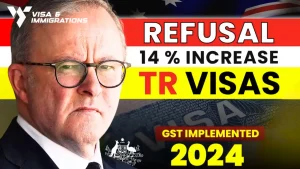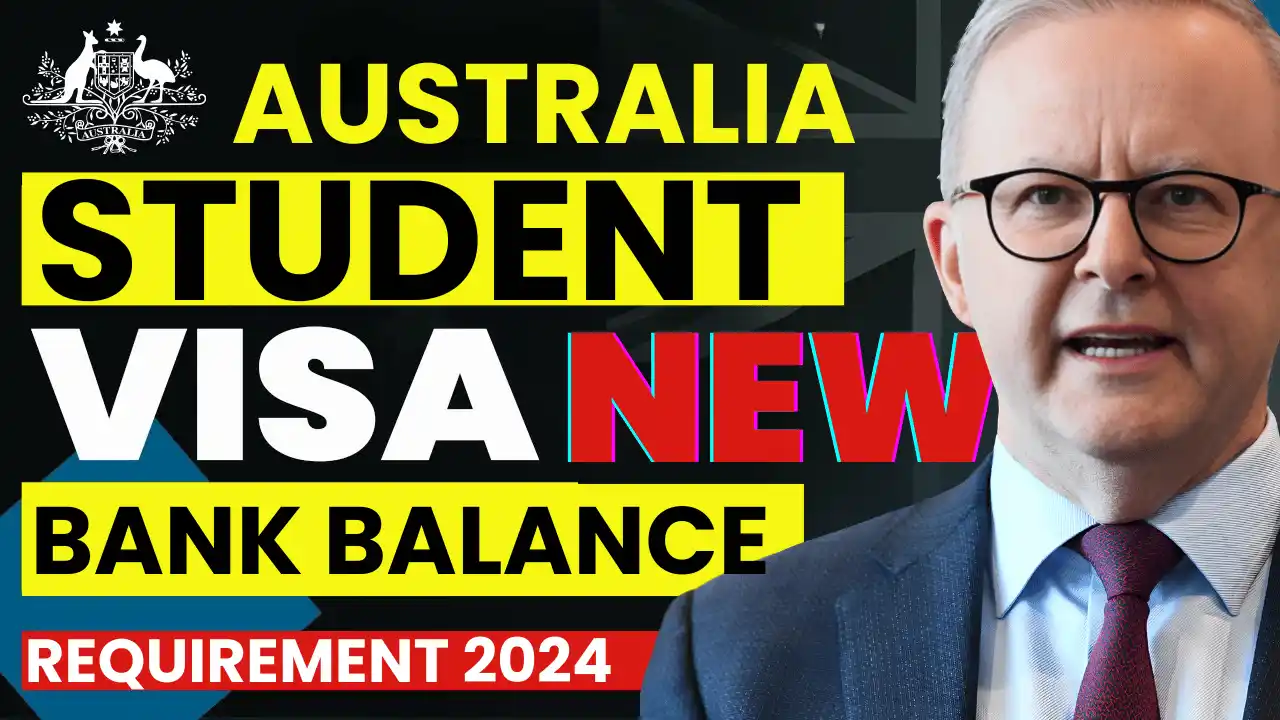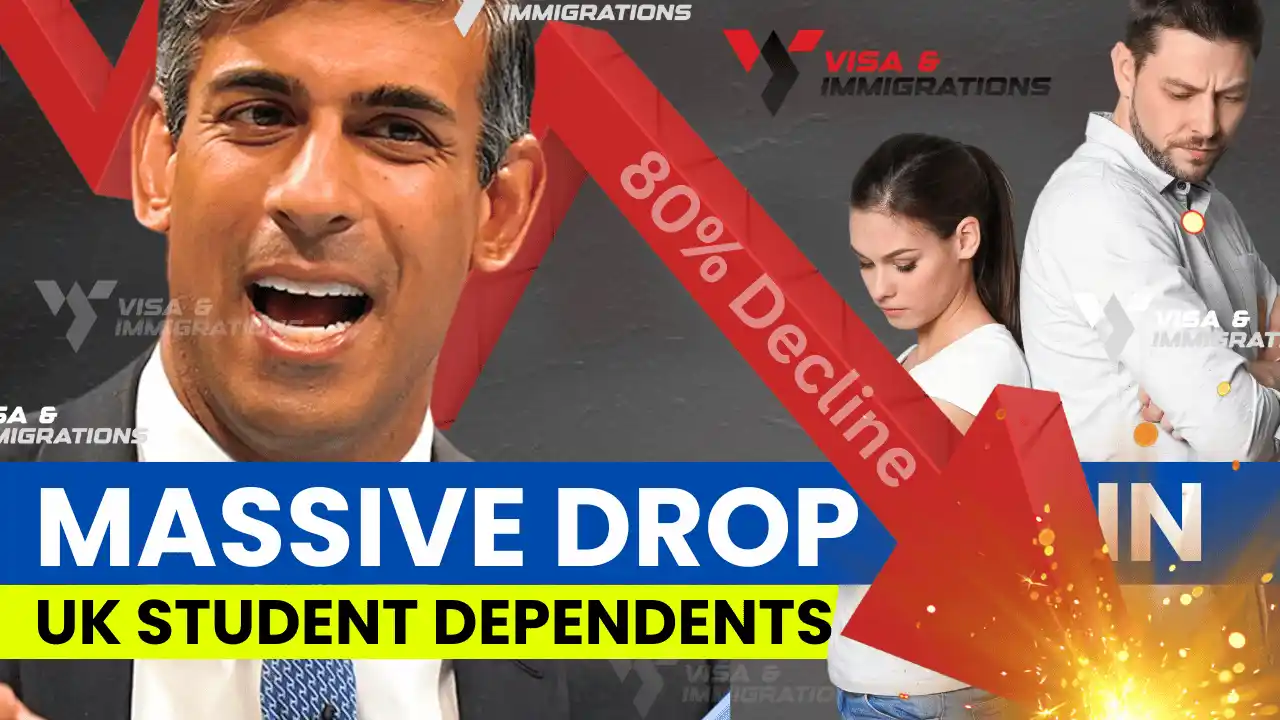This blog covers more Information on Upcoming Amendments to the Temporary Skill Shortage and Employer Nomination Scheme.
Moreover, the Department of Home Affairs provided additional information concerning the forthcoming changes pertaining to the ENS and TSS visa program, anticipated to come into force on November 25, 2023, provided parliament approval is approved. Additionally, there will be no limitation regarding the number of short-time TSS extension applications that can be submitted by visa holders dated on or after November 25, 2023.
But, it remains unknown whether these unrestricted applications will impact on applicants who are keen about trying to demonstrate that they are only seeking to enter Australia temporarily – genuine temporary entrant – which is required under this class since this condition is still yet to be canceled off by the government. For short-term TSS visa holders with visas expiring during this time, they will also need to submit their third short-term TSS visa from outside of Australia.
There are also some changes in the conditions for TRT line of the ENS program that will come into force when applying and processing the last batch of the applicants by November 25, 2023. For instance, on 25th November 2023, the employers may nominate 457 or TSS visa holders from the short-term and Labour Agreement streams, provided the holder had served the employer’s job for at least two years from the past.
In order to qualify, they should have been employed by their employer for more than three consecutive years within the last four years in their nominated occupation. Besides that, nominated occupations will not be assessed with the skilled occupation list while previously there were only nominal occupations from the medium/long term list who were allowed to claim ENS visas under TRT stream and some other minor exceptions.
Contrary to this, a nominated occupation merely has to feature in the Australian and New Zealand Standard Classification of Occupations list. Again, the age waiver for regional medical practitioners and high-income earners above forty-five will be two years instead of three years.
The changes are meant to give employers more certainty and equal opportunity for all TSS visa holders to gain permanent residency.
Our blog ends here. If you found this update useful then don’t forget to subscribe to our newsletter. Thanks for visiting us today.
Related Articles:
- Australian Visa Holders To Face New Rules
- Big Updates For 482 And 186 Visas
- Top Highlights In Australian Immigration
- Your Best Guide To The Australian Visitor Visa (Subclass 600)
- How To Add Family Members To Your Australian Student Visa














